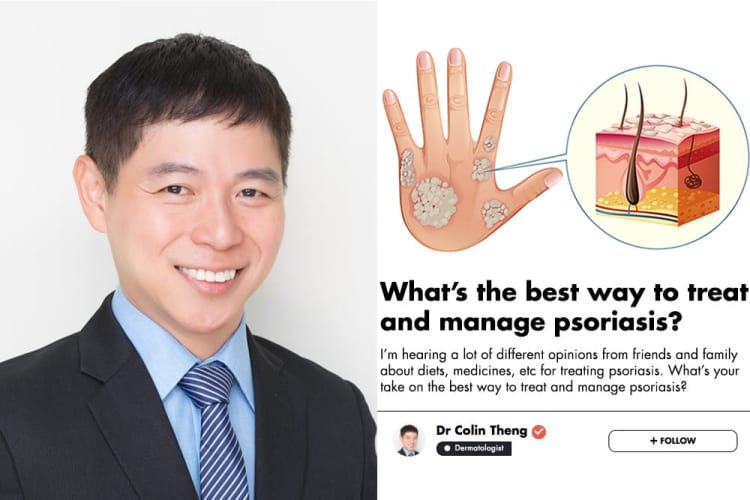Itch is an important part of eczema as we know scratching damages the skin, resulting in more gaps and allowing for bacteria to enter, leading to infections.
There are a few ways to help with itch symptoms:
1. Moisturize frequently and liberally
2. Wipe off sweat and then reapply moisturizers if possible
3. Cold short baths
4. Wet wraps - Apply moisturizers, and then wearing a first layer of tubifast / clothes (soaked in warm water and wringed dry) and a second layer of dry tubifast / clothes.
The wet first layer helps the moisturizer to penetrate better and the dry second layer keeps you from feeling too cold. Wet wraps are highly effective for management of eczema and itch.
The only downside of wet wraps is that they can be troublesome. I would advise applying wet wraps over a small area, for at least 30 mins daily for 2 weeks at the start to get used to the idea.
I often advise my patients to put on the wraps and distract themselves with another activity such as watching television, playing games, reading books or having a meal. This allows you to get used to the idea of regular wet wraps.
5. Oral antihistamines - It is generally safe to take and provides itch relieve, especially at night, allowing for a better night’s rest.
6. Use of topicals with anti-itch ingredients
To learn more about eczema, do come down to National Skin Centre's public forum on Eczema on 27 October 2018 to find out more!
Dr Lucinda Tan, Consultant at National Skin Centre


